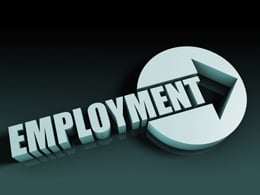Yesterday, we talked about the latest prediction of doom—this time, a 67-percent decline in the stock market in the next 18 to 24 months. Unlike most doom-saying, which isn’t supported by any actual data (the collapse of the dollar, for example), arguments for a significant market decline are based on a number of very real facts, many of which I’ve discussed in the past.
I've never really examined the situation of a crash itself, however. What would a crash mean, and how would it likely play out?














